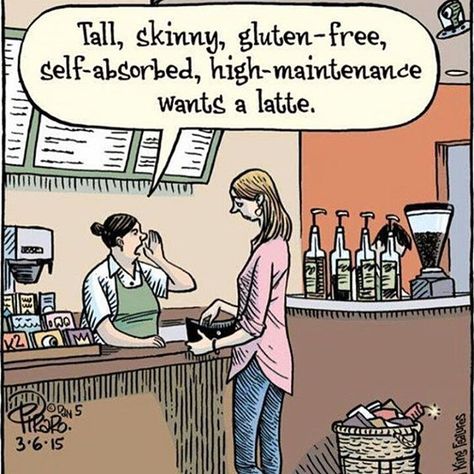
When I first started my career as a minister, a friend gave me some good advice about maintaining a healthy balance of three types of relationships: takers, balanced, and givers.
“Don, there are some relationships that will constantly drain you; you’re always giving to them but they seldom give to you. These are takers. You can’t totally avoid them (particularly in the ministry) but if they represent the majority of your relationships, you’ll burn out and lose all hope for humankind.
“In other relationships there will be a nice reciprocity; you give to them and they give to you. These associations are normal, healthy, and balanced.
“You’ll also have a few relationships in which people generously give to you with no thought of return; they will give more to you than you will give to them. Accept their magnanimity.”
In life, it’s important to have a healthy balance of these three relationship-types. If you only have “takers” they will drain you dry. Balanced relationships, in which there is a mutual giving and receiving, should be the dominate type. And be extremely grateful if you have those rare friends who delight in freely and unconditionally giving to you with no thought of return.
I think I can live a reasonably sane life if I maintain a ratio of 30/60/10 (30% of my relationships are takers, 60% are balanced, 10% are givers).
For a moment, consider what type of person you are to other people.
-
-
- Are you primarily a taker; high-maintenance and selfish?
- Or do you strive to maintain balance in your relationships—you’re sensitive about the give and take ratio of relationships and work toward equilibrium.
- Name several adult relationships in which you are, by choice, the primary giver.
-
I now express deep appreciation to these people in my life who have given more to me than I have given to them: Dean F., Mike F., David H., Wayne S., Chuck S., Ruth M., David F., and others.

Don, I’m humbled to find my name in your lineup of givers. I’d say we’re more balanced than that. 🙂
You’re definitely one of the life-giving friendships I enjoy. I look forward to our next meal together.
More common sense on relationships.
Well put!
Thanks, Gail, for reading my posts and taking the time to respond. I hope 2025 is a good year for you. Don
Although I can see the point you are trying to make, is it the balance that Jesus adopted? If we are to be servant hearted, we need to realise that sometimes we will be taken for granted or just thought a mug for not considering our own interests or expecting a reward.
The people who were takers in Jesus’ ministry were often the poor, down trodden and outcasts. Those who could reciprocate with, say, hospitality wanted equality or superiority.
The prayer of Ignatious Loyola isn’t quoted much these days:-
Dearest Lord,
teach me to be generous;
teach me to serve You as You deserve;
to give and not to count the cost,
to fight and not to heed the wounds,
to toil and not to seek for rest,
to labour and not to ask for reward
save that of knowing I am doing Your Will.
Of course it’s rewarding when someone you have served is appreciative. It’s often said that the giver gains as much pleasure as the receiver but this isn’t always true.
I am sure you know this song which was popular in the 80s and 90s.
1 Make me a channel of your peace:
Where there is hatred, let me bring your love;
where there is injury, your healing power,
and where there’s doubt, true faith in you.
2 Make me a channel of your peace:
where there’s despair in life let me bring hope;
Where there is darkness, only light,
and where there’s sadness, ever joy.
3 O, Spirit, grant that I may never seek
so much to be consoled as to console,
to be understood as to understand,
to be loved as to love with all my soul.
4 Make me a channel of your peace:
it is in pardoning that we are pardoned,
in giving to all that we receive,
and in dying that we’re born to eternal life.
If only we had more people who were channels of peace rather than stirrers of trouble.
Angela, thanks for adding perspective and balance to the post. It’s interesting…all thoughts can be argued; there’s always “another side of the story.” In my posts, sometimes I try to add the counterbalance but usually I just make the point.
Thanks for our long-distance friendship. Don